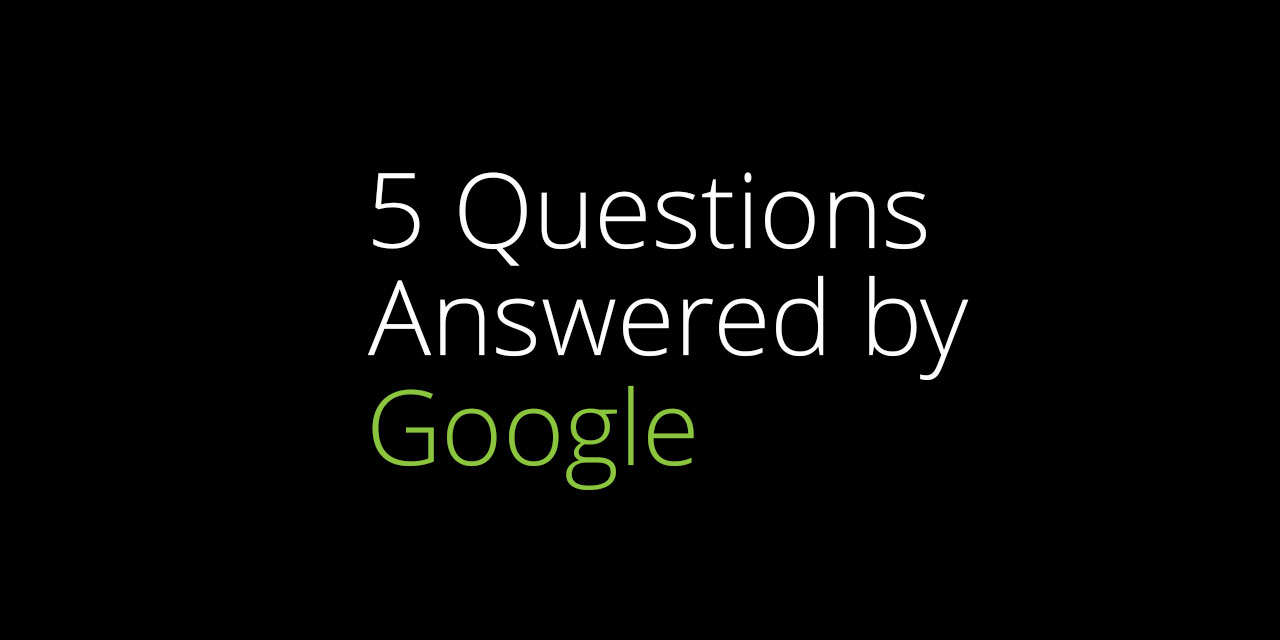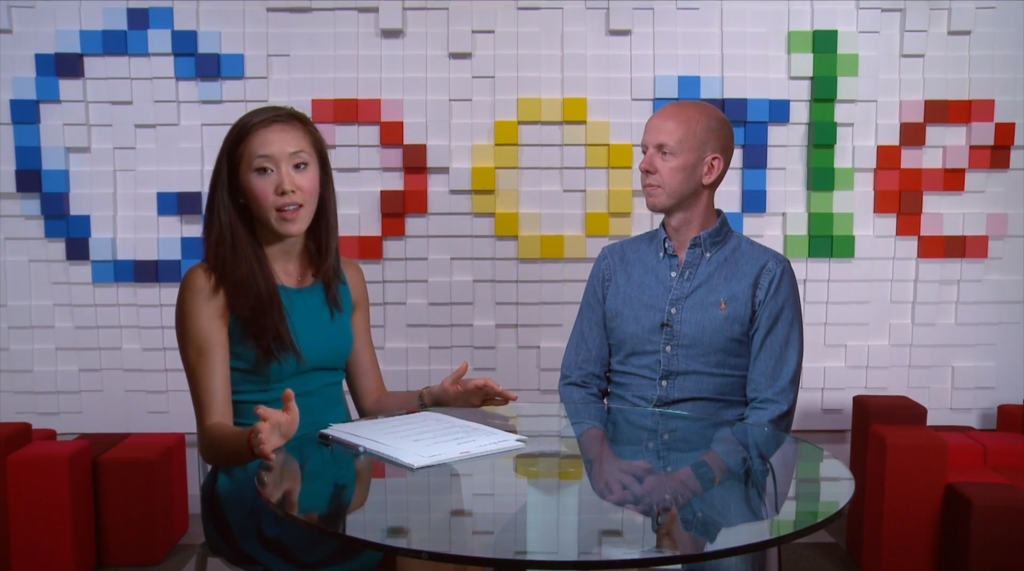5 Questions Answered by the Google VP of Small Business Marketing
On May 21, MONSTERS Unlimited hosted a Google event in our offices. During the event, a variety of Google experts discussed how online marketing can help small businesses succeed on the Web.
One of the speakers was Arjan Dijk, VP of Global Small Business Marketing at Google. Dijk answered questions about online marketing for small businesses.
Q&A: Small Business Online Marketing Needs
Here’s our quick summary of this question-and-answer session with one of Google’s leading marketing experts:
1. Where would a local small business hesitant about online marketing and advertising get started?
Start by bringing it back to basics—what makes you different as a company?
If you own a small hotel chain, what do you do differently? Do you have an amazing breakfast? If so, hone in on that in the marketing. Make the focus of your marketing that thing you do different than the big guys.
2. What have you found to be an effective use of marketing budget for small businesses?
Dijk notes that this is a difficult question and, unfortunately, there is no secret recipe. So he brings it back to three important questions every business needs to answer to find the right marketing mix:
How are you different? (as discussed above).
Who is your target audience? Who is really coming into your store? Who is doing business with you?
What is your objective? What do you want to achieve? Online sales? Do you want the phone to ring? Do you want people to come into your store?
Dijk provides the example of a Russian church bells company that only sold locally. They wanted to expand so they started using Google AdWords, online video, social media, and other online marketing efforts to expand globally.
3. How would you advise a small business to use a social marketing strategy?
Dijk notes that while social marketing seems new and complex to many small businesses, it has actually been around for thousands of years. He uses the example of a marketplace in Morocco, where all marketing is social.
He then provides these key tips:
Find your voice. What are you contributing to the conversation?
Find the right content. It’s not about likes, it’s about people engaging with your content and sharing your content.
Find your audience. It’s not about being liked by everyone. It’s about engaging with your audience, which may actually only be a small percentage of people.
4. What are the most important pieces of data a small business would need?
There is a lot of data out there, but the thing small business leaders need to ask is: What is important to my business? Dijk provides these tips:
Do the basic math. What is an average customer spending in your store? How much will getting a new customer cost you? That will tell you something important. That will tell you your profit margin.
Focus on the data that matters to you. What is your objective? Dijk provides this example: If you own a restaurant and you see your lunch is empty on certain days, those are the days you want to focus on drawing people in. That’s a smart and effective way of using data.
5. How can a small business compete with a national company?
It comes back to what makes you different. If you follow the same strategy as the large companies, you will not win. Think through why you are competing and why people should come to your store or website. Make the value clear.
Also: Be fast and flexible. When it’s very cold in the Midwest and pipes are freezing, as a small plumber you have a huge opportunity. You can work quicker and be more flexible than the big guys. That’s true for a lot of small businesses, so use it to your advantage.









